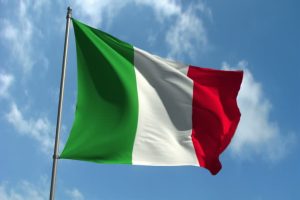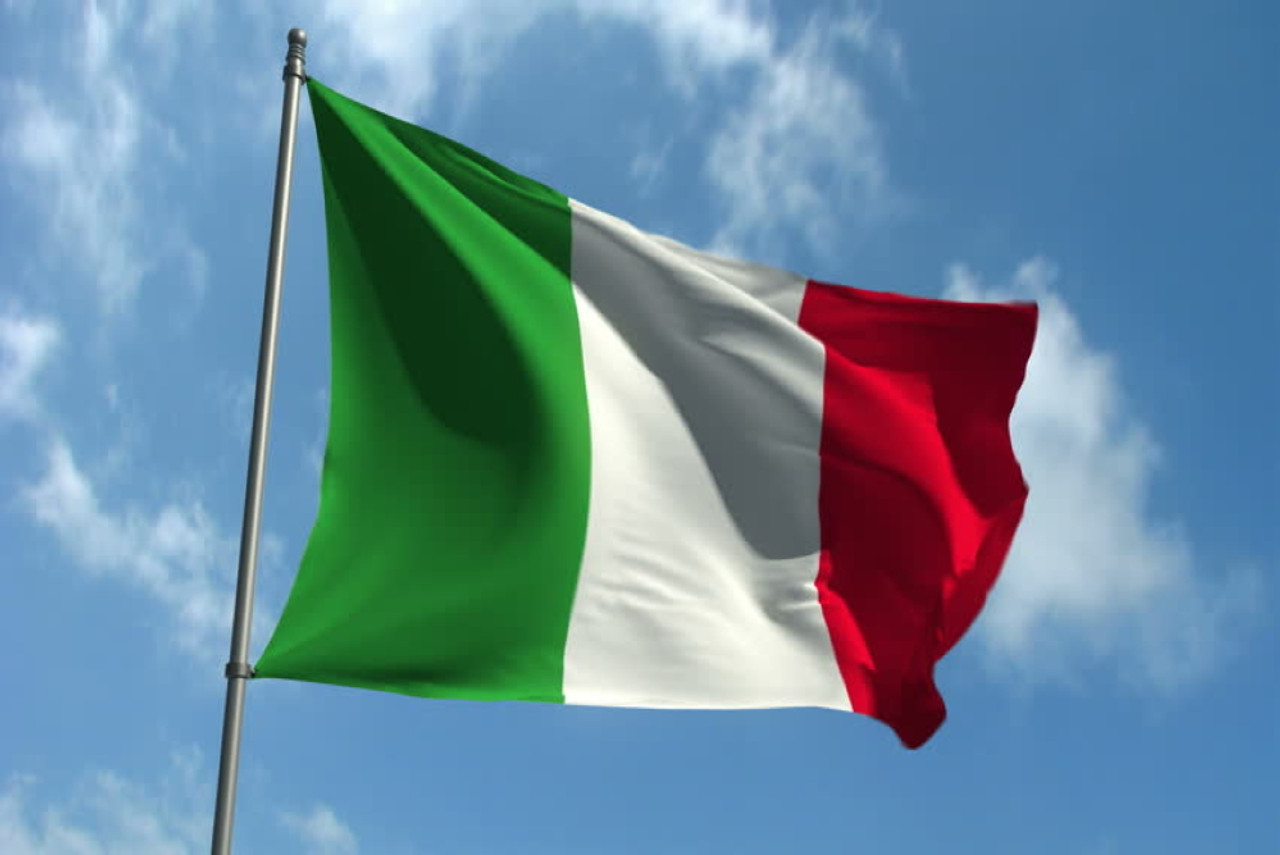
New York, United States of America/ — Italy should revoke its damaging migrant cooperation agreement with Libya, Human Rights Watch said today.
The Italy-Libya Memorandum of Understanding on migration cooperation will renew automatically for three years on November 2, 2025, if neither party revokes it or makes any revisions by that date.
The agreement, signed in 2017, includes significant material and technical support from Italy to the Libyan Coast Guard, which answers to one of the two rival authorities competing for legitimacy and control in Libya, the UN-recognised Government of National Unity (GNU).
This assistance has enabled Libyan Coast Guard forces over the last eight years to intercept tens of thousands of people at sea and return them to Libya, where they face inhumane conditions of detention, a high risk of torture, and other ill treatment. Libyan Coast Guard forces also threaten and endanger nongovernmental rescue vessels trying to bring people to safety.
“The Italy-Libya Memorandum of Understanding has proven to be a framework for violence and suffering, and should be revoked, not renewed,” said Judith Sunderland, associate Europe and Central Asia director at Human Rights Watch. “Italy needs to stop its complicity with the Libyan Coast Guard, who are implicated in the torture, exploitation, and degrading treatment of the people they interdict and bring back to Libya.”
Civil society organizations, including Refugees in Libya, a group of survivors of migrant-related violence in Libya, are mobilizing action against the Italy-Libya agreement and calling on the EU to suspend all migration cooperation with Libya.
Libyan migration officials from both the GNU and the Libyan Arab Armed Forces, the rival entity that controls eastern and southern Libya, were scheduled to visit Frontex headquarters in Warsaw and the European Commission in Brussels on October 14-16. EU officials should use any contact with Libyan officials to emphasize respect for human rights and call for accountability for abuses, Human Rights Watch said.
Despite overwhelming evidence of horrific detention conditions and abuse of migrants in Libya, the EU supports the Libyan forces’ efforts to detect boats and pull people back, including through aerial surveillance by the EU border agency Frontex over the central Mediterranean. The EU, like Italy, has supplied the Libyan Coast Guard with vessels and has spent hundreds of millions of euros on migration control in Libya since 2015.
On August 24, a Libyan Coast Guard patrol boat, donated by Italy, opened fire on the SOS MEDITERRANEE rescue ship Ocean Viking causing significant damage, while another patrol boat, also built in Italy, shot at a Sea-Watch rescue ship on September 26. The European Commission has insisted it will continue to support Libyan authorities, saying “to improve the situation, we need to remain engaged.”
People forced back to Libya experience serious abuses in migrant detention centres and prisons controlled by unaccountable armed groups and militias nominally linked with the authorities. The abuses include arbitrary detention, enforced disappearances, and unlawful deaths, including as a result of torture. Detainees also experience inhuman and degrading treatment and conditions including sexual violence, beatings, overcrowding, deprivation of food and water, forced labor, and denial of access or a right to legal counsel.
The United Nations has said there is evidence of collusion between state forces, including the Libyan Coast Guard forces, and trafficking and smuggling networks, and concluded that state security forces and armed militias have most likely committed the crimes against humanity of sexual slavery and rape against migrants in Libya.
“Continued support for abusive, unaccountable forces in Libya is indefensible,” Sunderland said. “The EU and all of its member states, including Italy, should stop financing and legitimizing violence against migrants and fundamentally reorient its Mediterranean policies to prioritize rescue at sea and safe and legal pathways for migration.”


